Home-Health Habits to Start While Waiting on Dental Care Insurance
Navigating the complexities of dental care insurance can be a daunting task, and the waiting period for coverage to begin can feel never-ending. In fact, according to the National Institute of Dental and Craniofacial Research, about one in every four adults of working age lacks dental insurance, making it even more important to take charge of your oral health.
However, maintaining optimal oral health doesn't have to be put on hold. There are plenty of effective home-health habits you can incorporate into your daily routine to support your dental well-being in the meantime, including brushing, flossing, and mindful eating.
Brushing Effectively
We recommend brushing your teeth twice daily, as it is the cornerstone of good dental care. Using fluoride toothpaste strengthens enamel, helping to prevent cavities and sensitivity. In our experience, it’s important to spend at least two minutes brushing all surfaces of your teeth, including the back molars, which are prone to decay.
Don’t forget your tongue and the roof of your mouth, as bacteria can accumulate there, causing bad breath and other oral health issues. Choosing a soft-bristled toothbrush reduces the risk of gum irritation, and we have found that replacing your brush every three to four months ensures effective cleaning. Consistent brushing builds a strong foundation for long-term dental health.
Flossing Regularly
Flossing is an essential, often overlooked part of dental care. Brushing alone can’t reach the tight spaces between teeth, where plaque and food particles accumulate, increasing the risk of cavities and gum disease. Daily flossing removes debris, reduces tartar formation, and stimulates healthy gums.
For those new to flossing, floss picks or water flossers provide a convenient alternative to traditional string floss. Incorporating flossing into your routine reinforces preventive dental care habits, minimizing costly treatments in the future. By making this a consistent practice, you maintain healthier teeth and gums, setting the stage for stronger oral health while awaiting insurance coverage.
Using Mouthwash
Mouthwash is a simple but powerful addition to any dental care routine. Antiseptic and fluoride mouthwashes help reduce harmful bacteria, prevent plaque buildup, and strengthen tooth enamel. This step is especially important for people without immediate access to dental insurance, offering extra protection against cavities and gum disease.
In our experience, swishing for 30–60 seconds after brushing and flossing maximizes its effectiveness, reaching areas that toothbrushes may miss. Regular use of mouthwash complements brushing and flossing, helping maintain fresh breath and overall oral hygiene. Incorporating this habit into your daily dental care routine can reduce risks while you wait for coverage to take effect.
Eating Nutritious Foods
A balanced diet plays a key role in dental care and overall oral health. Foods rich in calcium, like milk, cheese, and yogurt, strengthen tooth enamel, while crunchy fruits and vegetables naturally help clean teeth and stimulate saliva production. Vitamins A, C, and D support gum health and tissue repair.
Limiting sugar and acidic foods is essential, as they contribute to tooth decay and enamel erosion. Staying hydrated also helps wash away debris and acids. By making mindful dietary choices, you support your dental care routine at home, helping maintain strong teeth and healthy gums even before insurance coverage begins.
Performing Self-Examinations
Regular self-examinations empower you to take charge of your dental care. By checking your teeth, gums, and mouth for changes such as discoloration, swelling, sores, or unusual textures, you can catch potential problems early. Early detection often leads to simpler treatment and prevents more serious complications.
While self-exams do not replace professional dental visits, they are an affordable and effective preventive measure, especially for those without immediate insurance coverage. Noticing unusual changes early and seeking professional advice strengthens your dental care habits, promotes healthier teeth and gums, and builds a routine that continues even after your insurance becomes active.
While waiting for dental insurance can be challenging, adopting strong at-home dental health habits can make a significant difference. Brushing, flossing, using mouthwash, eating a nutritious diet, and conducting regular self-examinations are all essential practices to maintain good oral health. These habits not only provide immediate benefits but also prepare you for a lifetime of healthy teeth and gums once insurance coverage is in place.
By prioritizing these actions, you're taking an important step towards maintaining a bright, healthy smile, regardless of your insurance status. For reliable advice and services to support your dental care journey, contact Bedminster Family & Cosmetic Dentistry today.

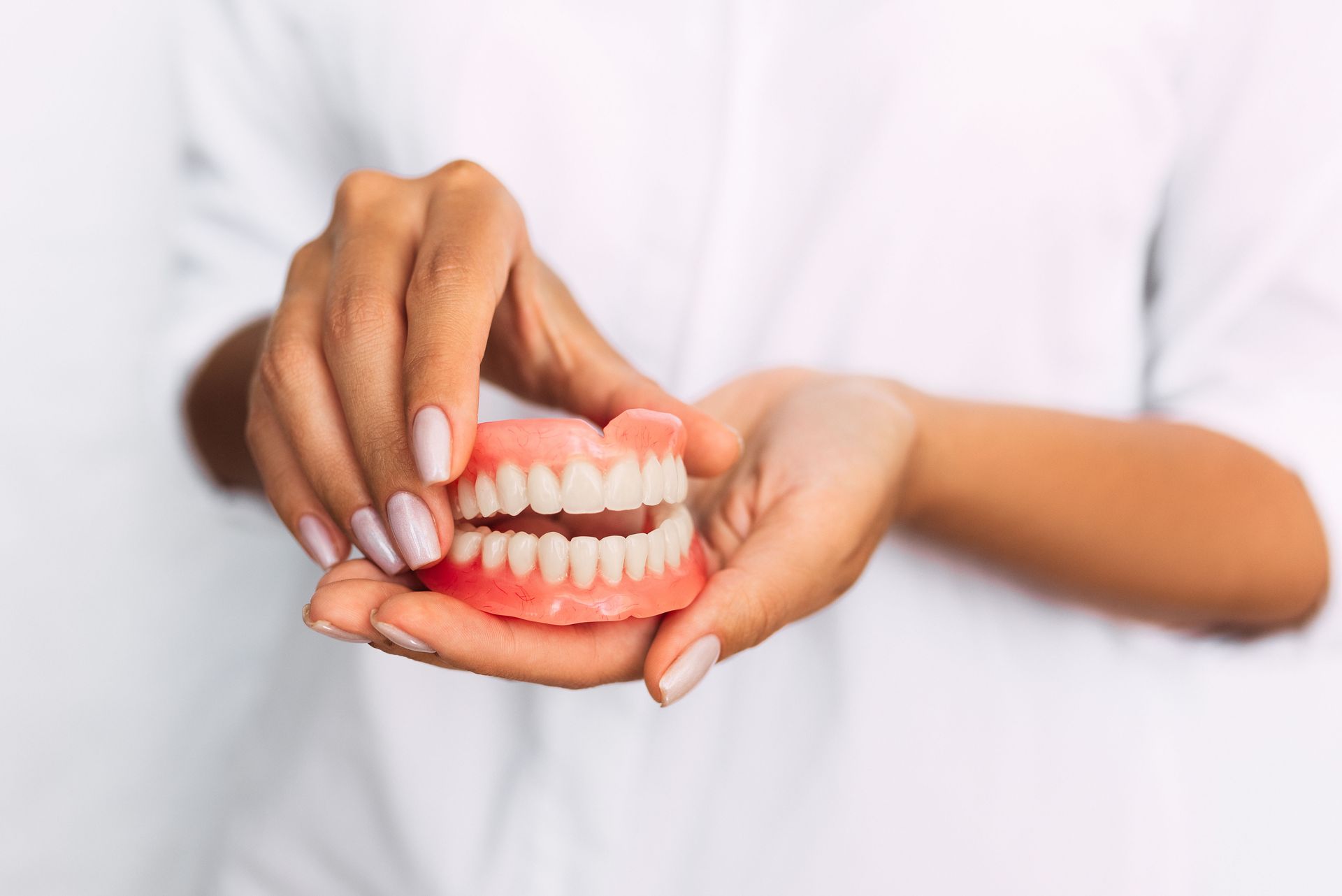
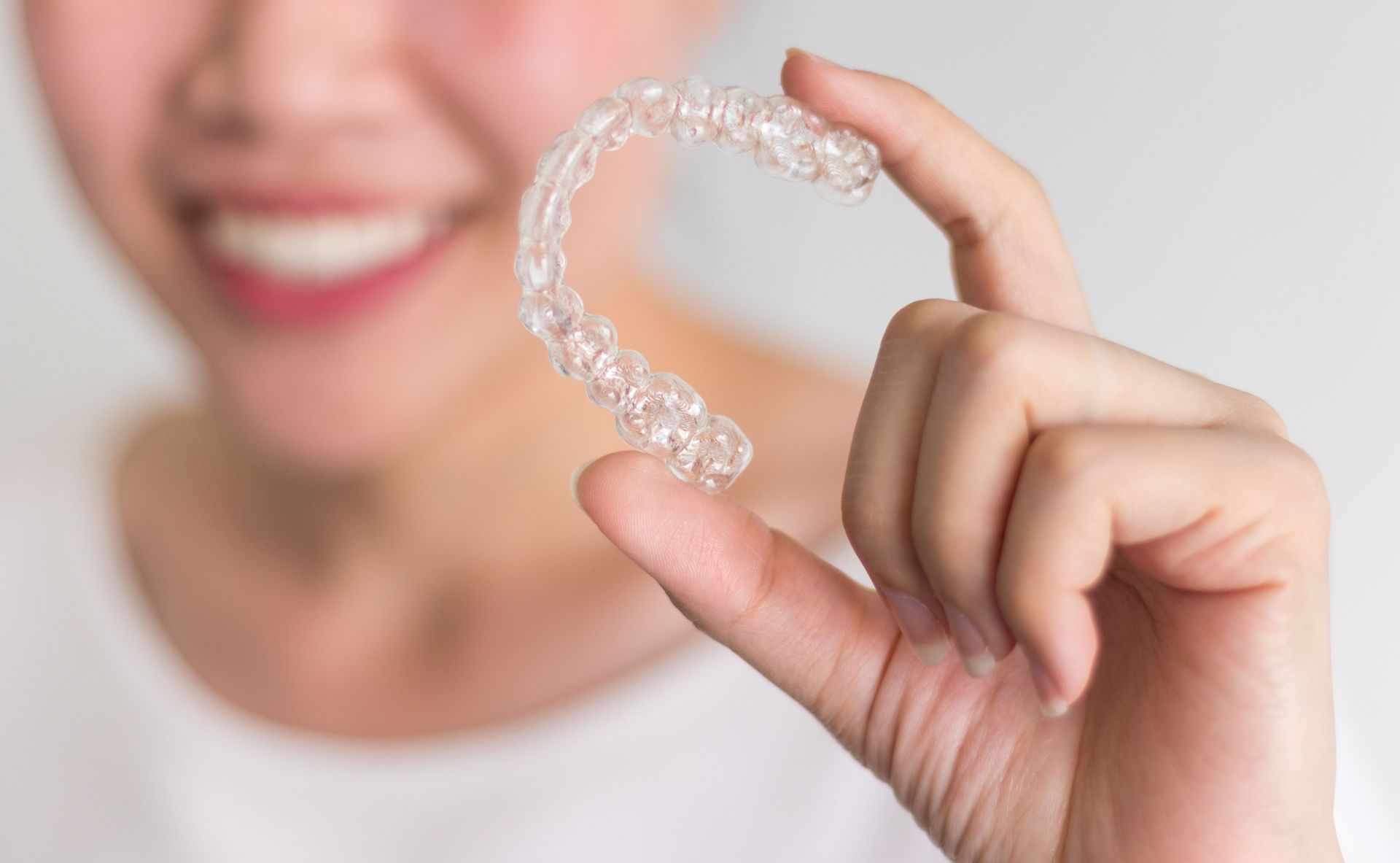
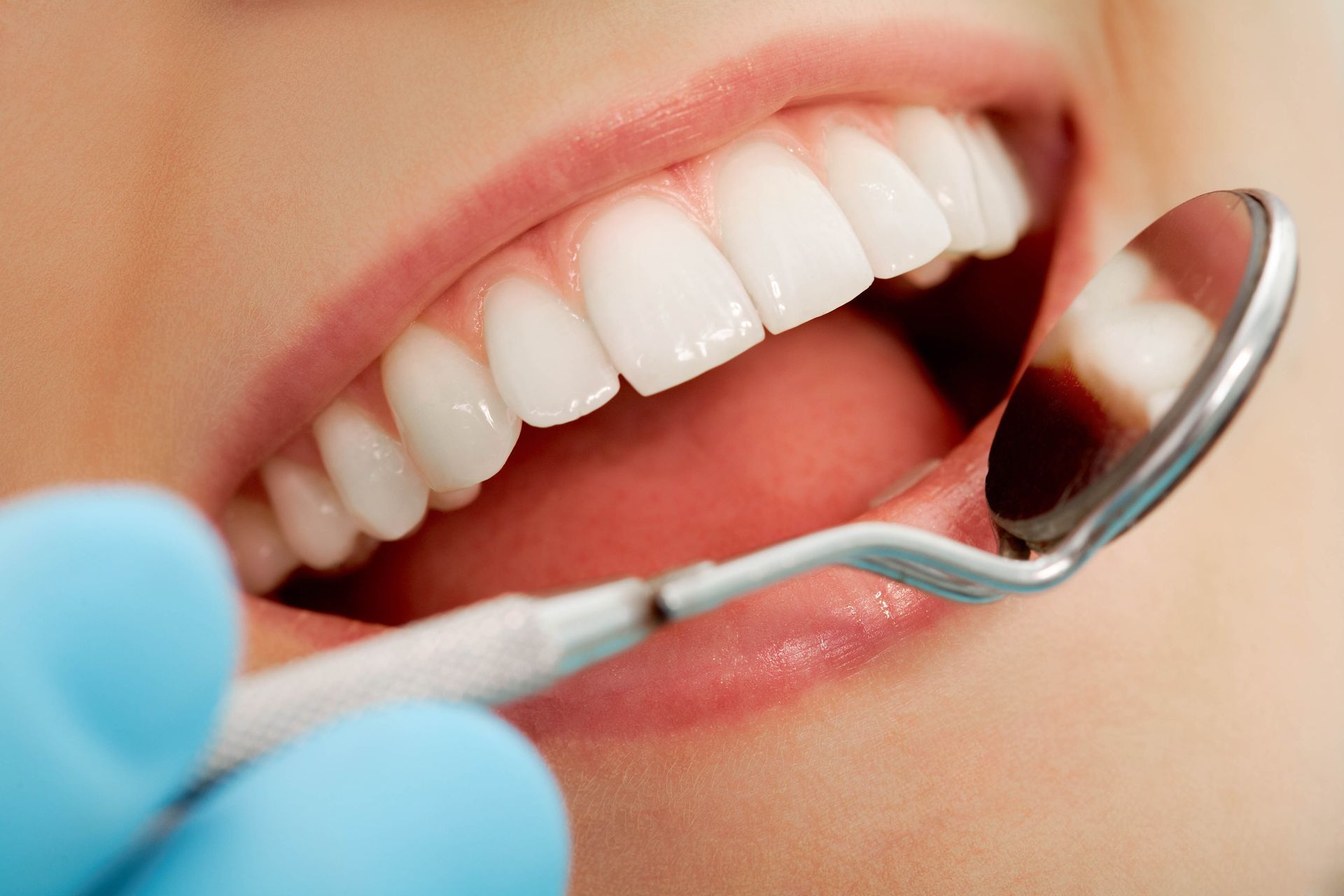
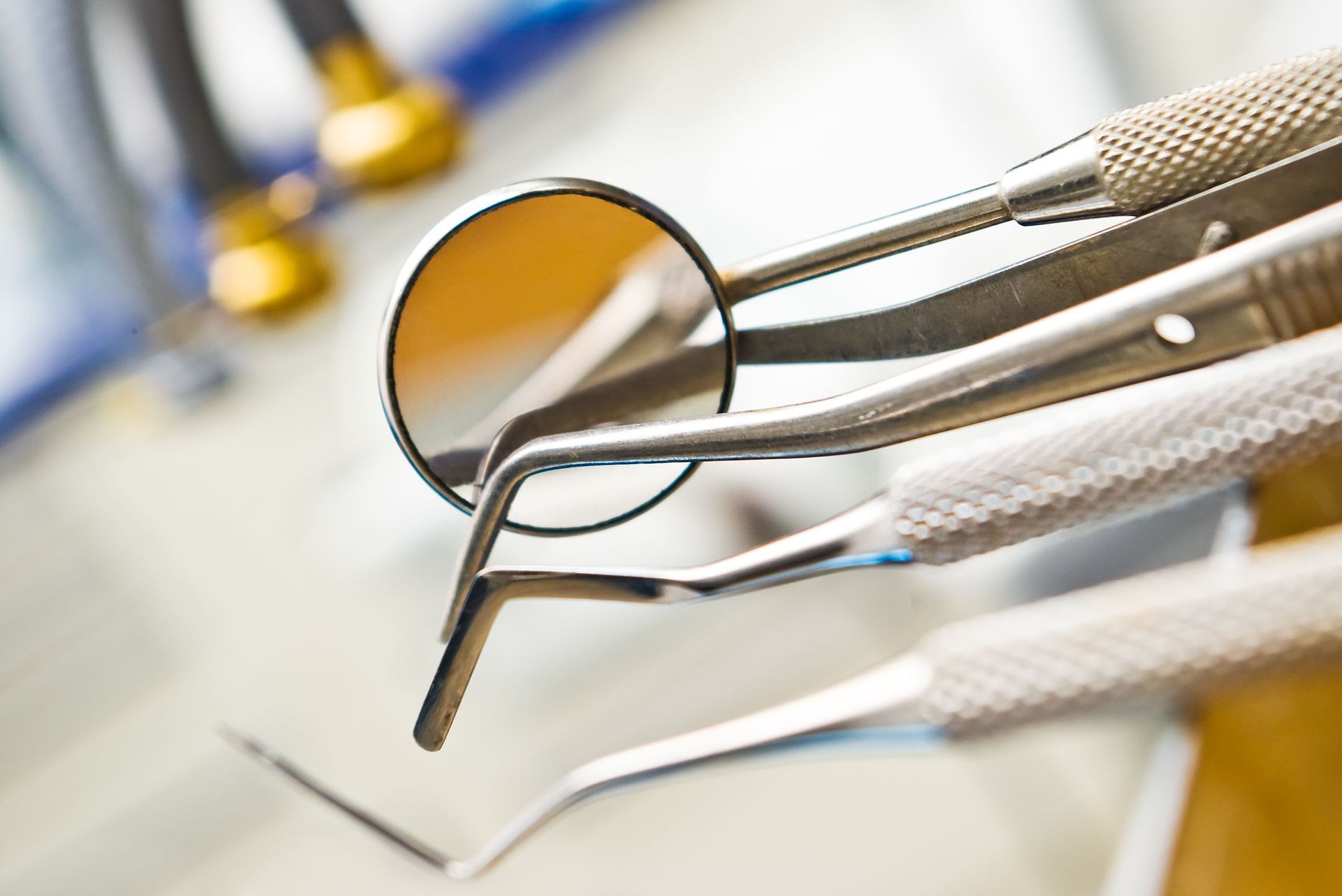


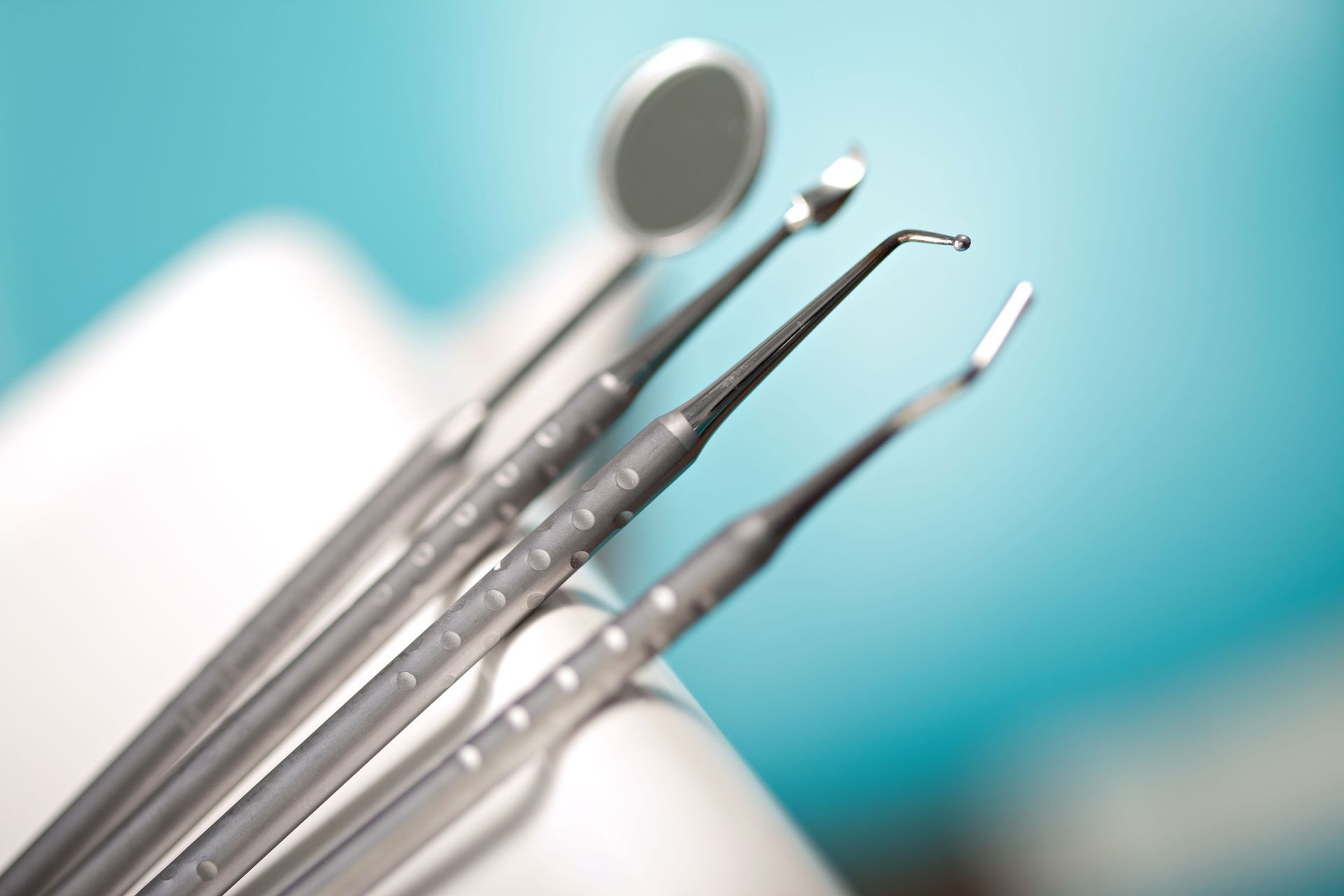

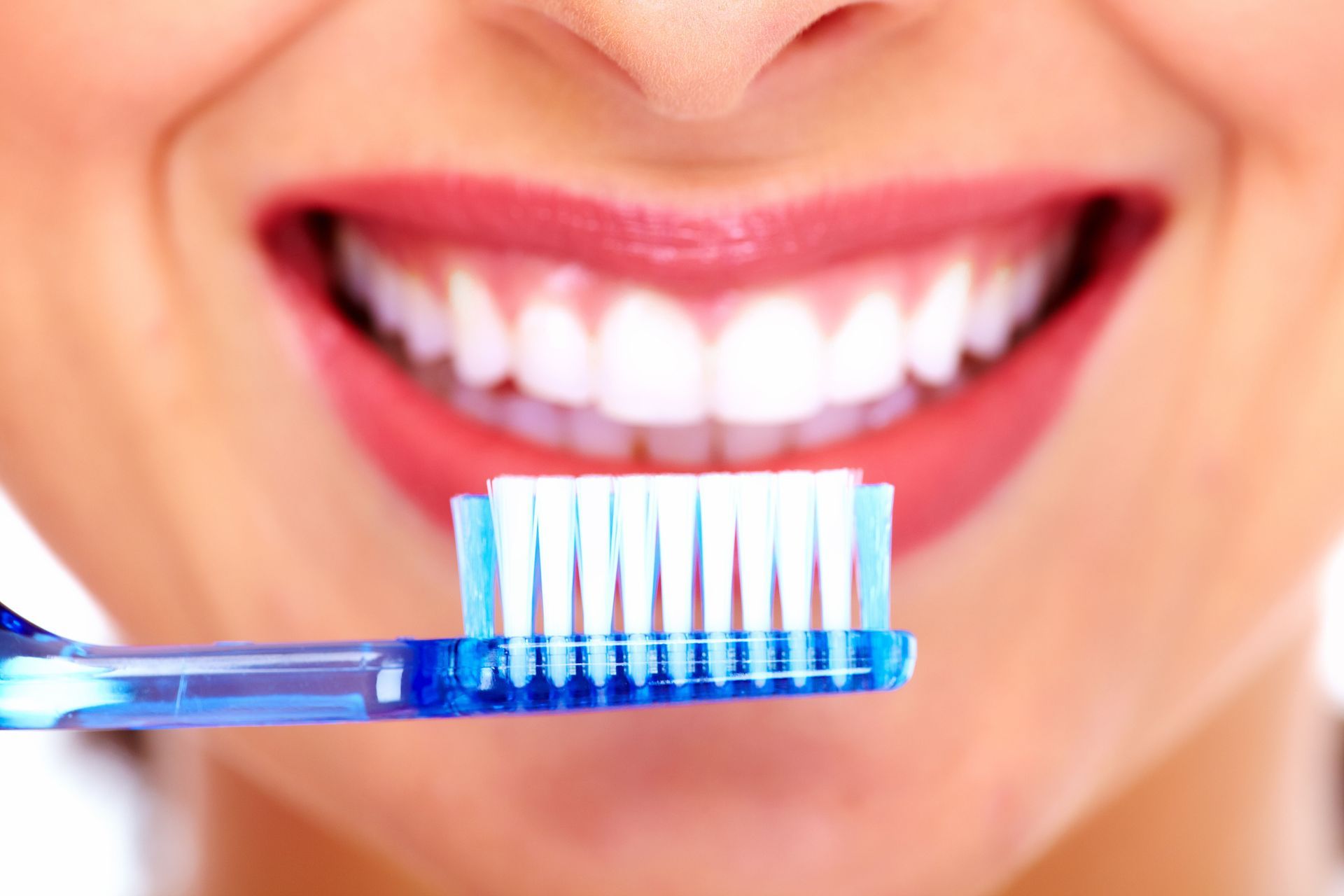

Share On: